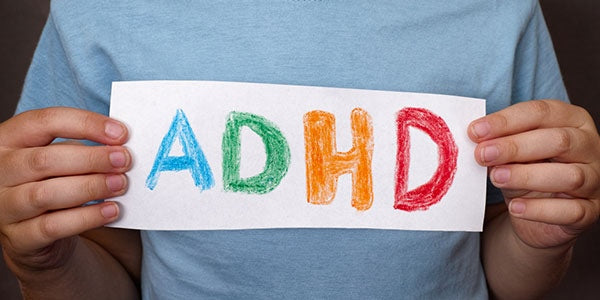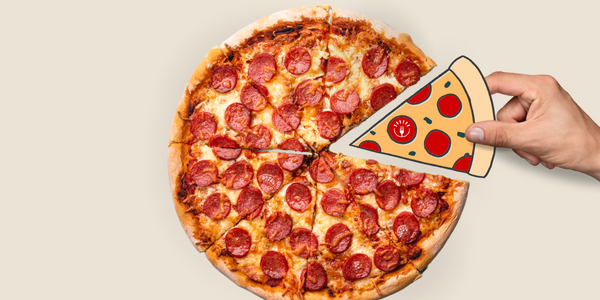
Nutrition and diet aside, taking care of a child with ADHD can be a challenge. Day-to-day tasks like getting dressed or finishing homework can become a daily grind. Add to that the responsibility of making sure your child is eating right, and life can begin to seem downright unmanageable. Kids with ADHD symptoms - like hyperactivity, impulsivity, and inattention - require a lot of patience and understanding from their parents. Small changes can be your best ally when it comes to good nutrition for kids with ADHD symptoms.
1. A Well Balanced Diet
According to the USDA, a diet rich in fruits, vegetables, whole grains, low-fat dairy products, and lean proteins like fresh seafood and poultry is the cornerstone of health. This is the best nutritional tip for kids with ADHD, though there are certainly more ways to improve your child's symptoms of ADHD.
2. Steer Clear of Artificial Dyes and Food Coloring
As far back as the 1970's, researcher Benjamin Feingold linked improvement in ADHD symptoms in children who followed a diet that was free of artificial food additives and dyes. Removing these foods from the diet resulted in significant reduction of hyperactivity in children. As a result of further research, public petition requested the British government remove a majority of artificial food dyes from food products sold in Britain.
In response to more recent research and public petitions, in December 2009 the British government requested that food manufacturers remove most artificial food dyes from their products. Many food manufacturers in the US have begun to do the same, using natural ingredients such as beet powder and vitamin A to give foods their color.
3. Avoid Caffeine
Caffeine, the classic stimulant, avoiding beverages like black tea, green tea, caffeinated sodas, coffee drinks, and espresso flavoring can help reduce your child's caffeine intake. This may help with reducing the onset of ADHD symptoms like hyperactivity.
4. Limit Sugar
Recent research has suggested that there is an association between altered sugar-processing in children with symptoms of ADHD. This means that their ability to keep their blood sugars stable is compromised when compared to children who do not have symptoms of ADHD. Fruit juice, cool-aid, sweet tea, sugar-sweetened sodas, and colas can all cause major blood sugar swings, and crashes. Eating too many sugar-sweetened cereals, cakes, cookies, ice cream, doughnuts, pasta, rice, potatoes and bread can also cause major blood sugar fluctuations. These are foods to avoid because drastic sugar fluctuations can cause a child with ADHD to have a worsening of symptoms.
A study published in Psychiatry Research discovered a link between attention and behavioral problems and increased intakes of sweetened desserts, fried food, and excess salt. In contrast, diets that were balanced with vegetables, dairy products, and regular timing of meals were associated with less attention and behavioral problems.
Overall, making sure your child eats a healthy diet is important for their future overall, and even if great improvements are not observed in a child's behavior, ensuring that they are getting adequate nutrition each day is the best nutritional tip for kids with ADHD possible. Ensuring your child is eating foods that contain potassium, dietary fiber, choline, magnesium, calcium, and vitamins A, D, E, and C. will go a long way to helping improve your child's overall health, as these are well-recognized nutrients of concern in the United States, according to the USDA.







